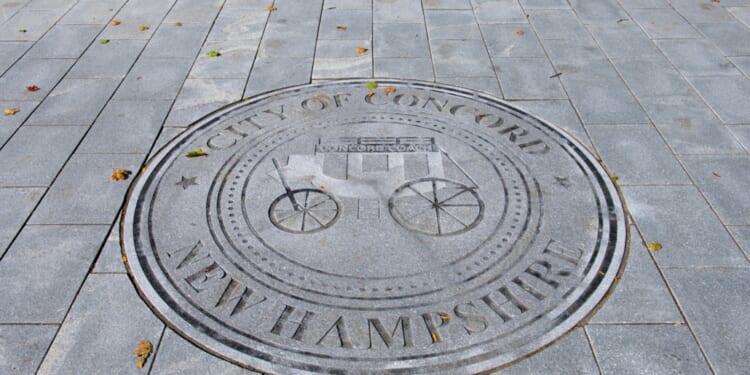The term “economic growth” seldom pops up in local news stories. But there it was in the third paragraph of the Concord Monitor’s story on Tuesday’s election results.
After quoting a former teacher who complained about the slow pace of change in Concord due to “a lot of governmental, bureaucratic red tape,” the Monitor described her votes for the city’s incumbent Democratic leaders as a “plea for economic growth.”
Concord City Councilor Fred Keach agreed that voters made clear their desire for progress rather than stagnation.
“You modify or you get left behind,” he said.
That’s exactly right. Some people believe that communities can preserve all of their good qualities forever by simply using the power of government to restrain economic progress. They think it’s a cost-free way of preventing unwanted change.
In reality, attempting to lock in the status quo by binding the community in layers of “governmental, bureaucratic red tape,” as the former teacher put it, imposes enormous costs. Communities bound in this way don’t maintain their status. They slowly (sometimes quickly) fall behind.
Researcher Mohamed Moutii wrote at The Daily Economy this week that Germany’s efforts to prevent change disfavored by elected officials while steering the economy in politically popular directions turned Europe’s one-time engine of economic growth into “the world’s worst-performing economy.”
Concord’s elected leaders might not know Germany’s story, but they’re determined not to follow that nation’s path of decline.
In recent years, Concord has allowed new residential development, approved large commercial redevelopment projects and spent millions to make Main Street more inviting for shoppers, tourists and businesses.
Now, they have the chance to create New Hampshire’s first social district. City voters on Tuesday approved these designated areas where limited, regulated, moderate drinking would be allowed in public spaces.
The next step is for Concord’s City Council to begin the process of finding the right location and bringing businesses and residents into the discussion. Portions of Main Street through downtown would seem to be strong contenders.
But the city has competition. Laconia voters also approved social districts on Tuesday.
Portsmouth, Keene and Nashua voters also got to vote on social districts this week but rejected the innovation.
With town elections not until next year, it’s likely that Concord or Laconia will be the first New Hampshire community to adopt these cultural and economic development tools.
In North Carolina, on whose social district law New Hampshire’s was modeled, a mix of thriving and struggling municipalities have adopted the districts. But there does appear to be a common theme of small towns and cities using them to revive struggling downtowns or attract new residents and business investment.
If that’s the measure, Laconia could be considered the most likely to go first. Its population has grown only 5% since 2000, half of Concord’s rate and nearly 1/3 of the state’s rate (14%).
Though Laconia’s public school enrollment has fallen 12% since 2012 vs. 19% for Concord, its economic indicators are all lower. It has lower per capita income, median household income, median family income and median earnings than Concord. Its poverty rate is three percentage points higher than Concord’s.
If those numbers tilt in Laconia’s favor, Concord’s recent embrace of economic growth tilts in the capital city’s favor. To their credit, Concord city leaders have pursued changes to make the city more attractive for residents and businesses, as mentioned above.
Both cities could decide not to embrace social districts. But the first one that does will generate statewide, possibly New England-wide, media attention, and attract a rush of shoppers, diners and tourists.
If economic growth really was on the minds of Concord voters on Tuesday, as local news coverage suggests, perhaps the 51st year of Concord’s Market Days will begin this summer with shoppers raising a toast to the city’s vibrant future.











